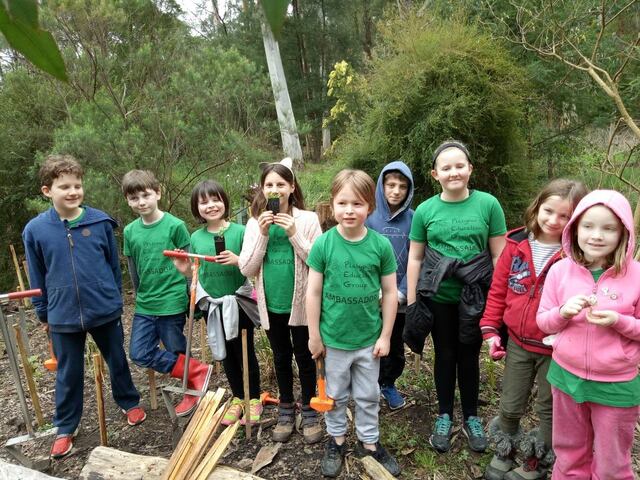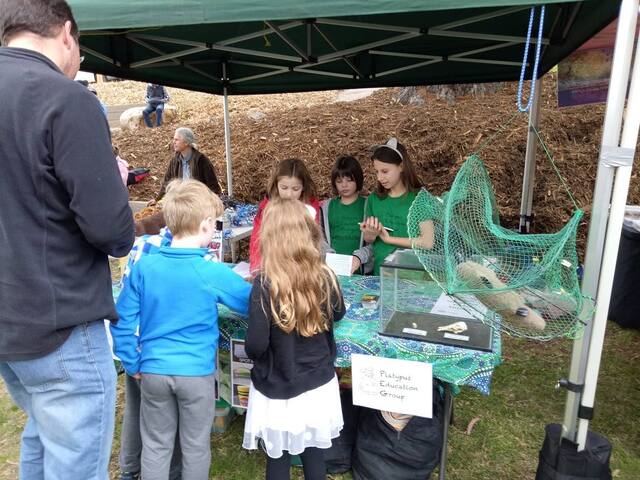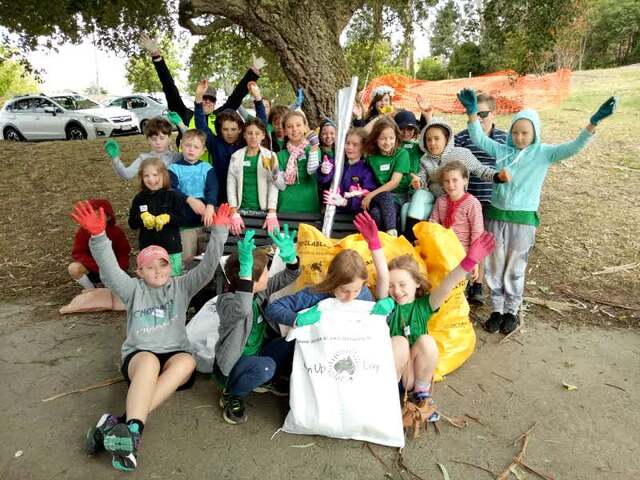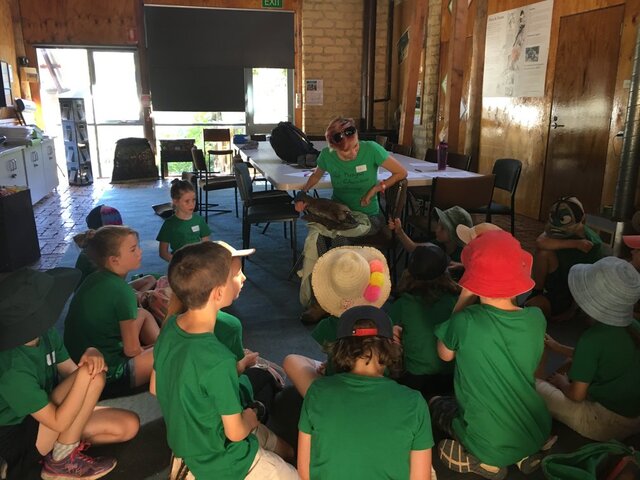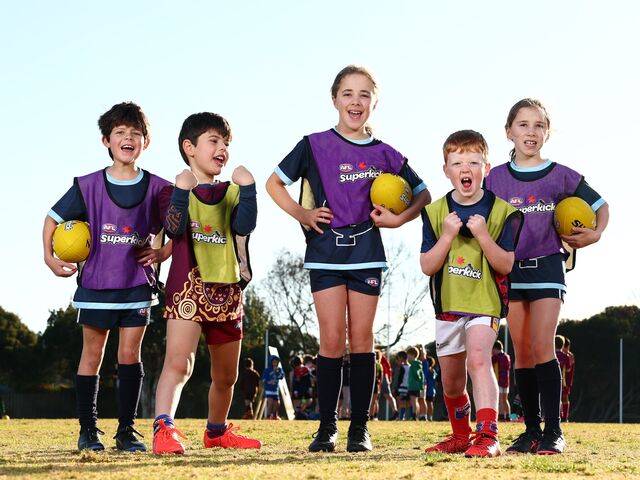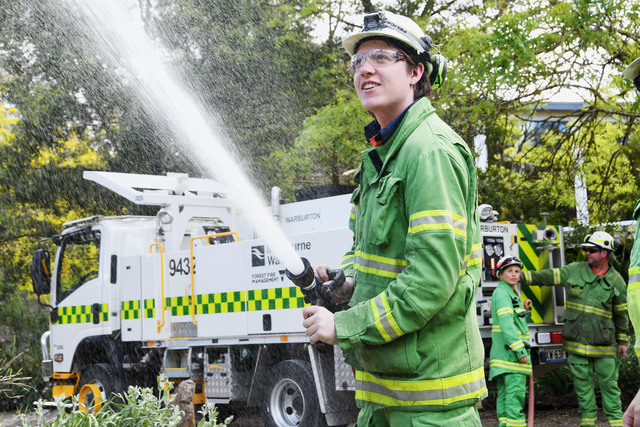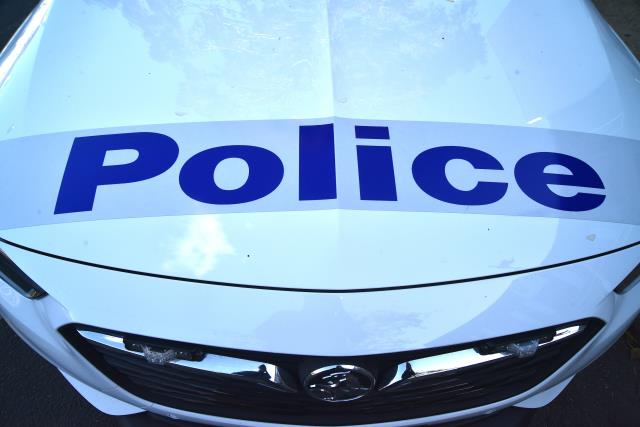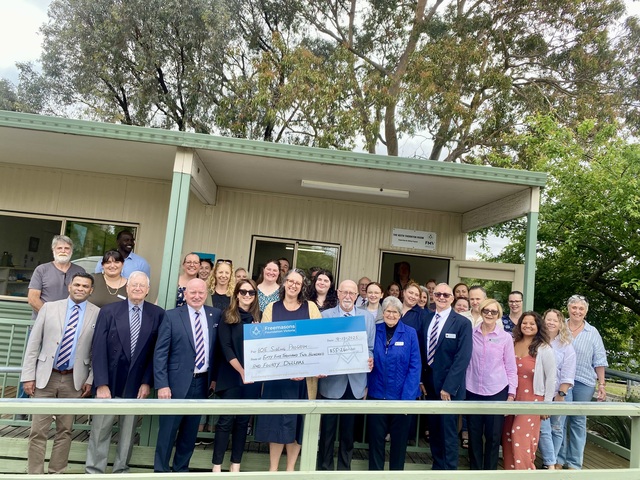The platypus ambassador group, based in Birdsland Reserve, is a non-for-profit education group for primary school aged students.
The program is run by volunteers, who organise monthly activities for all of the ambassadors. Although the program used to be funded by the Yarra Ranges Council, the program now functions without external funding.
Currently, each child pays $100 a year to be a part of the program, which covers the cost of a t-shirt and the activities they participate in. Most recently, the current 15 ambassadors met with Alex Maisey to learn more about local bush and Lyrebirds. The program is not only about platypus and the creeks they live in, but greater environmental education.
The program also offers incursions at local schools. Though this used to be a free service under council funding, schools are now charged a fee. However, the program, established in 2016, has been successful in providing engaging and quality incursions for years.
The founders, Jess Westlake and Jen Ellison have continued running the program for years, under the ambassadors’ requests. “We are focusing on the ambassadors more because we’re all working. Annette’s working literally full-time at council. I’m doing four days a week at council and I still teach one day a week. And then Jen’s is a full-time mum. So we basically kept the ambassadors going because it was the kids that requested it. That they wanted us to keep doing stuff for them and mentoring them.”
“So basically, we all volunteer our time. The money paid by the ambassadors goes into running the programs for them. We’ve done Clean Up Australia Day. We’ve done macro-invertebrates and water quality testing. We’ve learnt about dolphins and whale ID and what that means. We’ve just done a lyrebird talk with Alex Maisey. We are going to Helmeted Honeyeater.”
What Jess loves about the program is that “they’re passionate about learning.”
“After they graduate from the program, we hope that a lot of them will have an interest in environmental science or that background. We hope that this will help empower them. There’s many ways that they can take their education. But we hope that it does help them, in some way or form as they move into their adulthood to follow their dreams.”
“But we do hear from a few of the past members, many that are still following their environmental passions. But it might be through art or you know another way.”
“We try to make it a really enjoyable safe place as well. Because we do have some probably neurodiverse kids in the mix as well. And it’s really important that they feel comfortable and included. We do it because we love it. Because the kids and their families are so grateful.”

